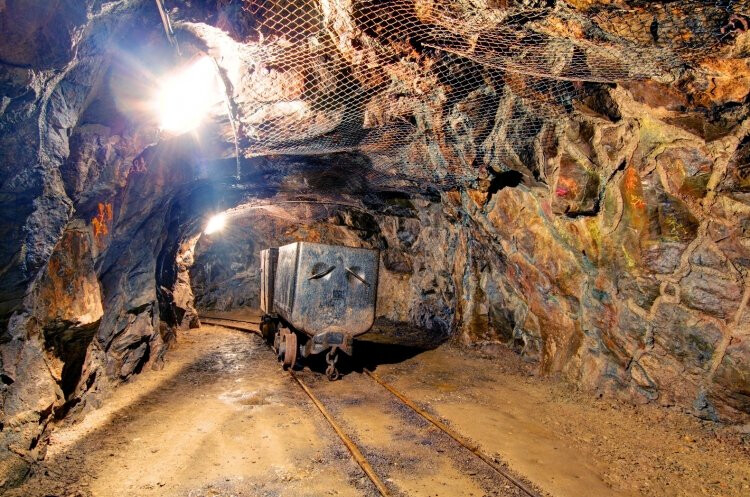
BAMAKO, Mali – A devastating collapse at an illegal gold mine in western Mali on Saturday has claimed the lives of at least 48 people, according to authorities and local sources who spoke with Agence France-Presse (AFP). The victims were primarily young women, including one carrying her child. This tragic incident underscores the perilous conditions and lack of regulation plaguing Mali's lucrative but often dangerous gold mining sector.
The mine, located at an abandoned site previously operated by a Chinese company, became a makeshift operation for artisanal miners seeking their fortune. These informal sites, often lacking proper safety measures and oversight, are highly susceptible to accidents. The landslide occurred due to the unstable nature of the terrain combined with the rudimentary mining practices employed.
"The death toll is 48 following the landslide," a local police source confirmed to AFP. Boubacar Keita, from the Kenieba gold prospectors' association, corroborated this figure, also reporting at least 48 fatalities. The ongoing search for victims suggests the toll may rise further.
The incident highlights the complex challenges Mali faces in managing its abundant natural resources. While Mali is a leading gold producer in Africa, the prevalence of unregulated mining poses significant risks. "It is an illegal site. There is a lot of complicity in the exploitation of this type of site in the region," a local environmental organization leader told AFP, emphasizing the systemic issues that contribute to these tragedies. The lack of enforcement and the involvement of various actors in the illegal mining trade perpetuate the dangerous conditions.
This is not the first such disaster in Mali's gold mines. In January, a landslide at a mine in southern Mali killed at least 10 and left many missing, primarily women. A more significant tragedy occurred just over a year ago in the same region as Saturday's collapse when a tunnel caved in, killing more than 70 miners. These recurring incidents point to a systemic failure to address the safety concerns in the artisanal mining sector.
The Malian government faces increasing pressure to regulate these operations and implement stricter safety protocols to prevent future tragedies. The unregulated mining sector not only poses risks to human life but also contributes to environmental degradation and economic instability. The international community is also watching closely, with calls for increased support to help Mali develop a sustainable and safe mining industry. The latest tragedy serves as a stark reminder of the human cost of unregulated resource extraction and the urgent need for reform.
[Copyright (c) Global Economic Times. All Rights Reserved.]






























